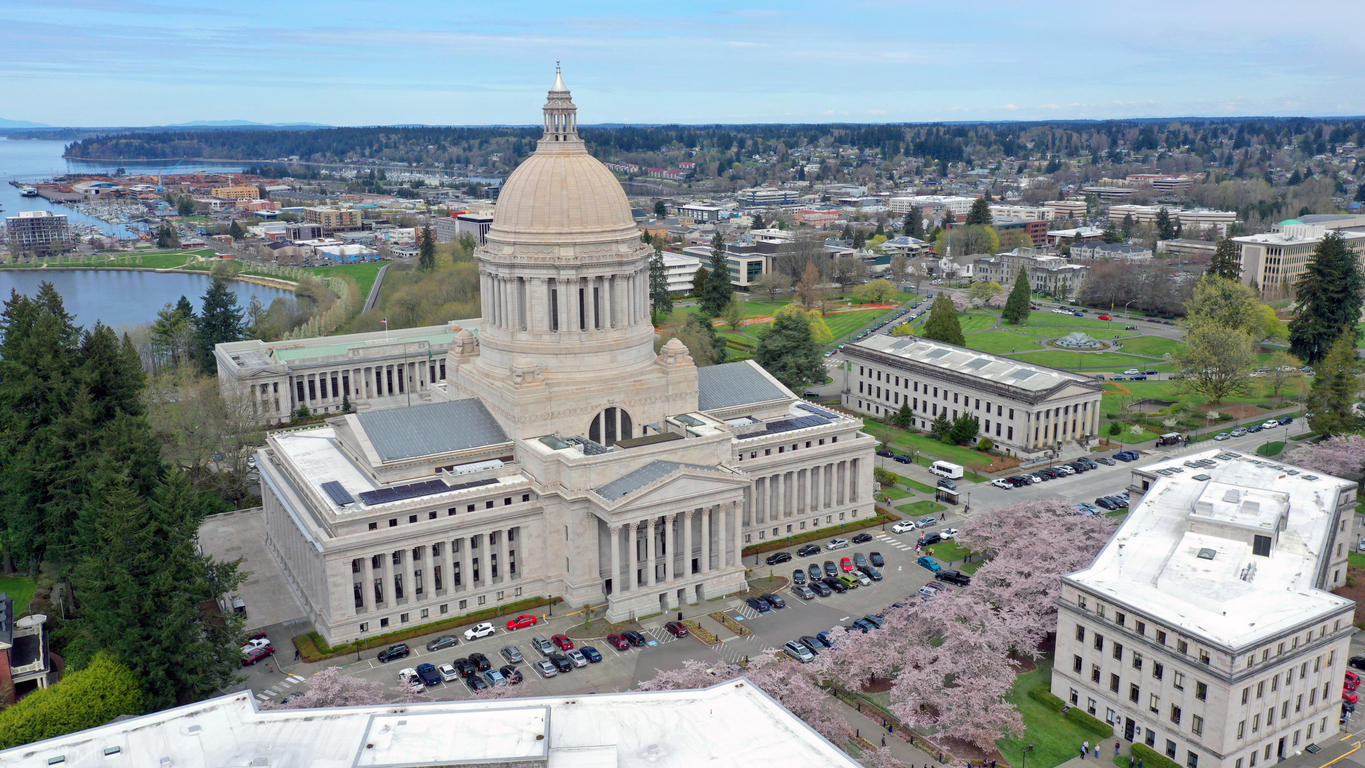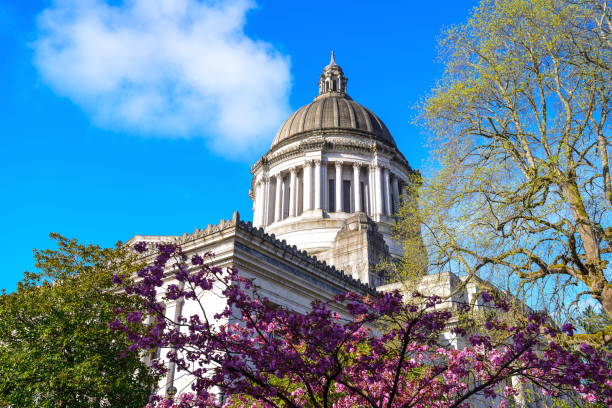City leaders in Spokane must follow law and negotiate contracts in public

The citizens of Spokane have spoken with an incredibly loud voice. Now, the leaders of the city of Spokane must listen.
In November, Spokane voters passed Proposition 1 with nearly 80% of the vote. The ballot measure required;
“…all collective bargaining negotiations be transparent and open to public observation, requiring public notification of such meetings as required by the Washington State Open Public Meetings Act and require all contracts be available for public review and observation.”
There was little confusion or dispute about what voters were intending. Proposition 1 passed as a charter amendment in every precinct in the city. It is now part of the city’s charter, or constitution. City leaders must abide by it.
It was disappointing, then, to see recent reports of city leaders refusing to apply the principles of the passed ballot measure to their ongoing negotiations with the city’s police guild. Those negotiations have been underway for more than a year and are the only reason the city could argue the new city charter amendment does not apply.
Going forward, however, new city contract negotiations will be subject to the requirements approved by city voters.
This popular reform will now require public notification of all collective bargaining negotiations and ends the ‘behind closed doors’ secret negotiating policy currently in effect for what are some of the largest line-items in the City budget—granting the public and the media the right to know and observe how their elected representatives are negotiating on their behalf.
Notably it means that our public service workers will now finally have the opportunity to observe how their own labor negotiators are working on their behalf. Everyone now has the opportunity to see the process for themselves if they so choose. It’s basic transparency.
Washington state has one of the strongest open government laws in the country. The state’s Open Public Meetings Act (OPMA) says:
“The people of this state do not yield their sovereignty to the agencies which serve them. The people, in delegating authority, do not give their public servants the right to decide what is good for the people to know and what is not good for them to know. The people insist on remaining informed so that they may retain control over the instruments they have created.”
When Spokane opens its collective bargaining talks to public observation, it will not be unique in Washington. There are several examples of efforts for collective bargaining transparency that already exist at the local level in Washington state. Examples include government-union negotiations in Gig Harbor, Lincoln County, Kittitas County, Ferry County, Spokane County, the Pullman School District and the Kennewick School District.
Explaining why the Pullman School District embraces collective bargaining transparency, the district’s finance manager Diane Hodge said, “We just think it’s fair for all of the members to know what’s being offered on both sides.”
The Spokane City Council and new Mayor should make clear that they are committed to the process that nearly 80% of the citizens of Spokane just passed. After all, it is the law.






